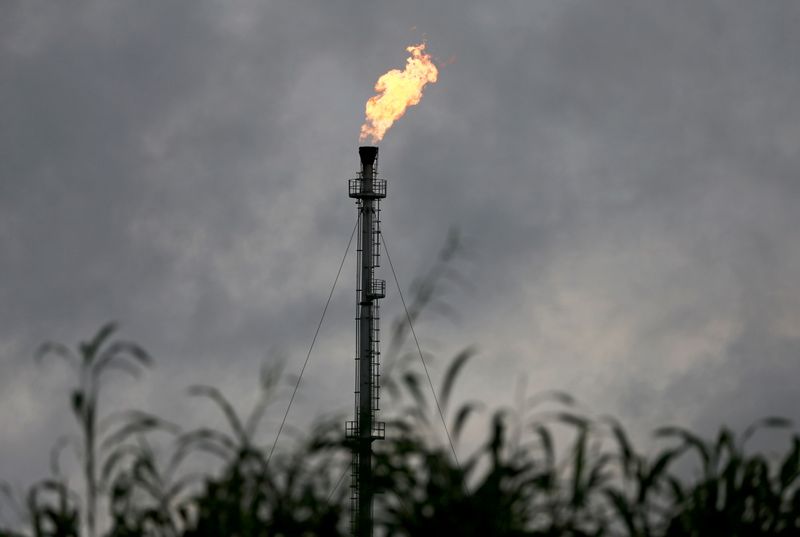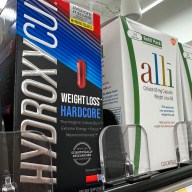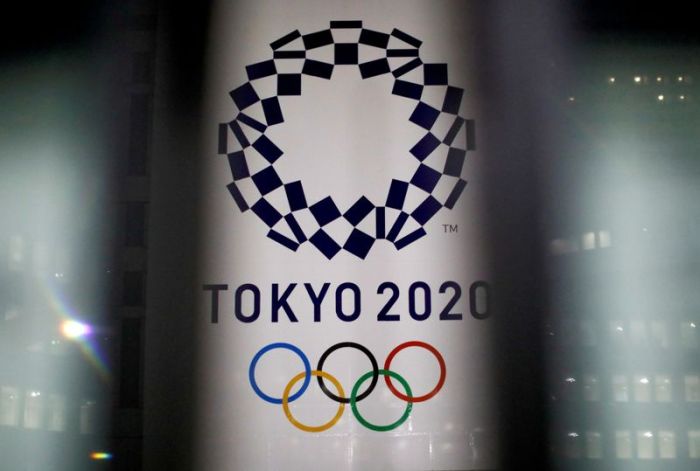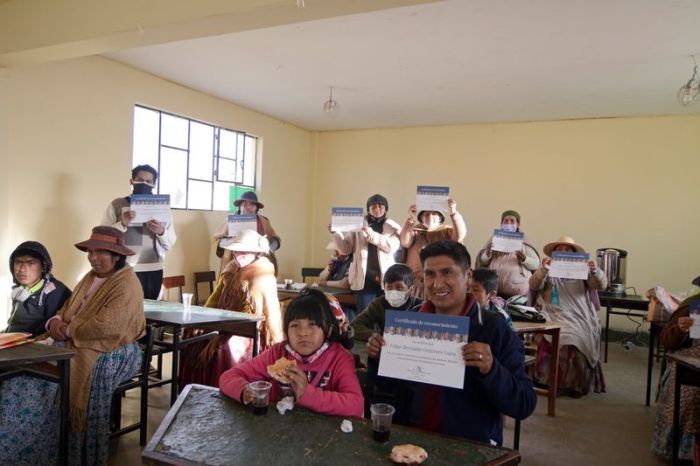By Camillus Eboh
ABUJA (Reuters) -Nigeria’s lower chamber on Thursday postponed a vote on a reconciled version of a bill aimed at attracting billions to its ageing oil sector following disagreements over the amount of money it would channel to communities where oil is produced.
The delayed vote does not necessarily scupper the package, but means those who support it must either convince reluctant house members to vote in favor, or they will have to amend the package and have the senate approve a new version.
The senate approved the package, which has taken more than a decade to get this far, earlier on Thursday.
However, house members from southern oil-producing states objected to the smaller share of money for oil-producing communities and the chief whip postponed the house vote after hours of rancorous argument in a closed session over the issue.
The overhaul governs all aspects of petroleum in Africa’s largest oil exporter – from oil drilling to gasoline prices, and experts say its passage this year is key as many investors begin to look beyond fossil fuel. Observers had expected that the political alignment between the legislature and President Muhammadu Buhari would ensure speedy approval.
Each parliamentary chamber passed the bill this month, but approved different amendments, which required harmonisation between lawmakers from the two chambers.
The reconciled bill approved by the senate included sending a 3% share of the annual operating expenditure of oil companies to communities where petroleum is produced. The house had approved a 5% share, and the difference was a sticking point in the reconciliation process.
The original executive bill sent to the chambers by President Buhari included a 2.5% share for communities.
Amendments on the reconciled package are barred, meaning legislators can only vote yes or no and any changes would require redrafting and another round of voting by each chamber.
Other lingering points of disagreement in the legislation centred on who can import fuel and how much money should be directed to developing frontier fields in areas where oil is not yet produced, mostly in northern Nigeria.
(Reporting by Camillus Eboh, writing by Libby George; editing by Jason Neely, David Evans and Barbara Lewis)



















